If you're a student at a college You'll probably need to write at minimum a research paper of a college-level prior to your graduation. Writing a great research paper can be difficult when you've never tried it before. We're here to guide you.
The term "research paper" refers to an article of academic writing that presents analysis as well as interpretation and argument that is based on extensive independent research. Research papers are like academic essays However, they're typically longer and more in-depth assignments designed to evaluate not just your writing abilities but also your abilities in conducting scholarly research. Research papers require the writer to demonstrate an extensive understanding of your subject and engage with a range types of resources, as well as present an innovative contribution to the debate.
What exactly is a research paper?
A research paper is a sort of academic writing in which an in-depth study, appraisal, or interpretation of a specific topic is provided based on empirical facts. Research papers are comparable to analytical essays, with the exception that study papers stress the use of statistical data and prior research, as well as a stringent citation code.
Research papers are the most effective means to communicate knowledge over a large network and are the foundation of modern research. Most individuals, however, are familiar with research papers from school; college courses frequently employ them to assess a student's understanding of a certain field or their research abilities in general.
Given their importance, research papers use professional, even boring language that removes any prejudice from the text. Researchers present their findings clearly and with supporting evidence so that other researchers can utilise the publication in their own study.
Remember that writing a research paper is not the same as drafting a research proposal. Essentially, research proposals are used to obtain the financing required to collect the data needed to create a research article.
What should the length of a research paper be?
The length of a research paper varies according on the topic or assignment. Typically, research papers are 4,000–6,000 words length, however short papers of 2,000 words or large papers of 10,000 words are typical.
If you're writing a paper for school, the length should be specified in the assignment. Otherwise, let the length be determined by your topic: Complicated issues or considerable investigation will necessitate additional explanation.
Perhaps, you'll need some help to put an outstanding Research Paper. Let's look at the best ways to create a great research paper.
1. Make yourself familiar with the assignment
It may seem obvious It's not, but it's vital to be aware of the requirements your professor or teacher needs before you begin creating your research paper. A lot of students miss this step and find themselves wondering why they received poor marks on a paper that they've put in a lot of effort or was excited about. This is usually because they did not follow the directions.
2. Select a topic for your research paper
There are a variety of methods to get an idea for a research paper starting with brainstorming using pen and paper to discussing it over with your fellow students or professor.
You can test your writing skills for free by choosing the broad subject and writing on a continuous basis for about two or three minutes in order to pinpoint any relevant information that might be intriguing.
It is also possible to draw inspiration from research done by others. The sections on discussion or recommendations of research papers typically provide ideas for additional subjects that need further investigation.
3. Research for Your Paper
The time has come to do what you've been anticipating -researching! This process is quite flexible Different people do their research in various ways. It's essential to remain concentrated and work quickly. Remember, you need to finish your research essay.
Keep track of discussions that are relevant to your topic Find an area you could write on. Make use of a variety sources, such as books, journals and reliable websites to ensure that you don't overlook any important information.
Don't just confirm your ideas in mind, but search for sources that do not support your viewpoint.
- What do you think people tend to miss in the sources you study?
- Do you have any hot discussions you can discuss?
- Do you have an original perspective on the subject?
- Did you know of any recently-discovered developments that draw upon the existing research?
At this point you may be able to think of some research questions to guide you.
4. Organize Your Research
If you've got all the information you need, but now how do you use it? The fourth step is about organizing. As with research, individuals have different needs here. It could also be based on your task. A Bibliography (literally "book writing," it is a listing of all the articles, books as well as other sources that you've used during your research) can be helpful when you need to organize your research.
5. Develop a Thesis Statement
The thesis is an assertion of your main argumentit defines the goal and the position of your essay. If you began with a research question the thesis statement should address the question. It should also outline the arguments and evidence you'll employ to justify your decision.
The thesis statement must be clear, informative and coherent. This means that it should outline your argument in a single sentence or two; state an assertion that requires additional evidence or analysis; and present an unambiguous argument that connects to the entire essay.
6. Create an Outline
An outline for a research paper is basically it's a list of key issues, arguments and examples that you wish to include in your research paper, broken down into sections with headings to let you are aware of how the document will appear like prior to beginning writing.
An outline structure can to make the writing process easier So it's worth taking some time to creating one.
7. Create a draft of your research paper.
The first draft you write won't be perfect but you can refine it later. The main things to consider at this point are:
- Maintaining forward momentum -- write now, perfect later.
- Be sure to pay attention to the an organized and clear arrangement of sentences and paragraphs, that will aid you when writing the second draft.
- Making your thoughts as clear as you can, so that you can understand what you intended to convey when you revisit the text.
It is not necessary to start writing your introduction. Start where it is most comfortable for you to be There are those who prefer to complete the toughest sections first, while others opt to begin with the simplest portion. If you've drawn an outline, you can use it as a guideline while you work.
Don't delete huge sections of text. If you find yourself disliking what you wrote or feel it doesn't make sense, you can move it to a different document however, don't delete it completely You may never know if it will be useful in the future.
8. Correctly cite your sources
Citations are one of the characteristics that distinguishes research articles from more informal literature such as personal essays. Citing your sources confirms your data while also connecting your research article to the larger scientific community. Citations, because of their importance, must adhere to strict formatting guidelines... the trouble is, there are several sets of guidelines!
You must consult the assignment to determine which formatting style is required. For referencing sources, academic research articles often use one of two formatting styles:
- MLA (Modern Language Association)
- APA (American Psychological Association)
The websites above describe the exact formatting standards for each style, as well as a citation generator to get you started.
In addition to MLA and APA styles, you may come across CMOS (The Chicago Manual of Style), AMA (American Medical Association), and IEEE standards (Institute of Electrical and Electronics Engineers).
Citations, with all of their restrictions and detailed information, might seem perplexing at first. However, after you've mastered them, you'll be able to credit your sources correctly without even thinking about it.
9. Its time to Write your Research Paper
- Introduction
The introduction of your research paper must be able to answer three issues What is the purpose, what's the reason, and what? After the introduction is completed the reader must know the purpose of the paper and why it's worth studying, and how you'll structure your argument.
- Outline
The biggest challenge faced by the majority of writers is arrange the data in their paper. This is why outline templates are so helpful. But, keep in mind that an outline is just an outline and, while writing, you should be flexible about the order of the information and arguments are laid out.
- Conclusion
The conclusion of your research paper is designed to ease readers get out of the paper's arguments, while giving them the feeling of having completed their work.
Then, trace the progression of your essay, highlighting the way it all ties together to support your thesis. The paper should convey an air of closure by ensuring that the reader is aware of how you have resolved the questions raised in the introduction.
10. The revising process
When you've completed Steps that were mentioned earlier and you're ready to rest. Give your work an entire day (or one or two hours in case you're running in time) and then give the paper a final reading. It is helpful in printing copies your essay and then read it on the paper in hard copy if you've only read it through a screen. There may be mistakes or formatting problems that you didn't notice while working on your computer. After you've read your research paper a final time, and verified that the paper is in line with what it is asked for and more, it's time to send it in.
11. Proofread and edit
Last but not least, you should check over your research report and repair any errors. We recommend looking over it twice: first for structural issues like adding/deleting parts or reordering paragraphs and again for wording, grammar, and spelling errors. Doing two separate editing sessions allows you to focus on one topic at a time rather than doing both at once.
Some people find it beneficial to read their papers aloud in order to spot errors that they might overlook when reading in their heads. Another option is to have someone else read your work and point out areas for improvement as well as technical errors.
Revising is a distinct talent from writing, and being strong at one does not imply being good at the other. If you want to enhance your revising abilities, see our self-editing guide, which contains a more comprehensive checklist and advanced revision recommendations.
Technical difficulties like as grammatical errors and misspelt words may be easily remedied if you use a spellchecker with your word processor, or even better, a digital writing assistant that also recommends changes for word choice and tone.
Seek Help on Research Paper from AHECounselling
Our academic experts are well-versed in how to make the most effective in your research paper. They'll use the top methods to write your research paper. They will not compromise on the quality of your task.Our experts will ensure that every element they include in your research paper comes from reliable and verified sources. They know where to get the most reliable sources and the best way to utilize these in your essay. Therefore, you can count on them to write a well-researched research paper.
Get our help today and watch your grades rise.
- Understand the assignment
- Choose a research paper topic
- Conduct preliminary research
- Develop a thesis statement
- Create a research paper outline
- Write a first draft of the research paper
- Write the introduction
- Write a compelling body of text
- Write the conclusion
- The second draft
- The revision process
- Research paper checklist
- Free lecture slides































































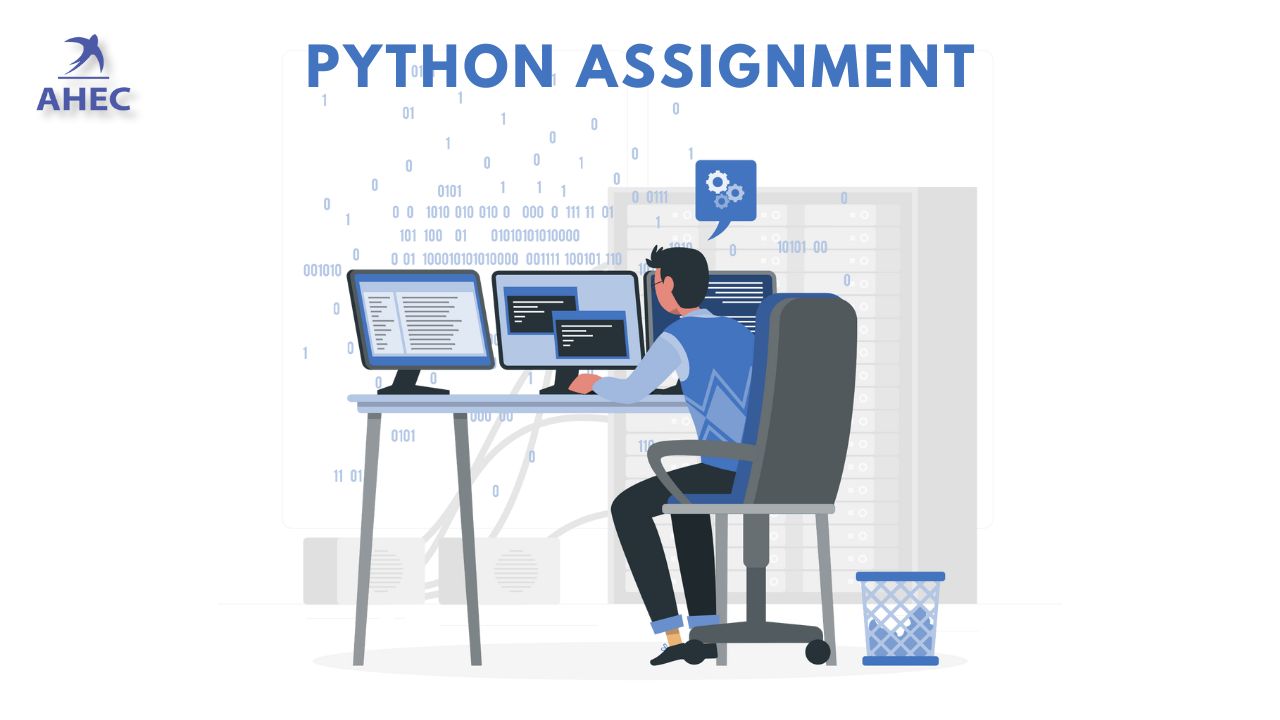


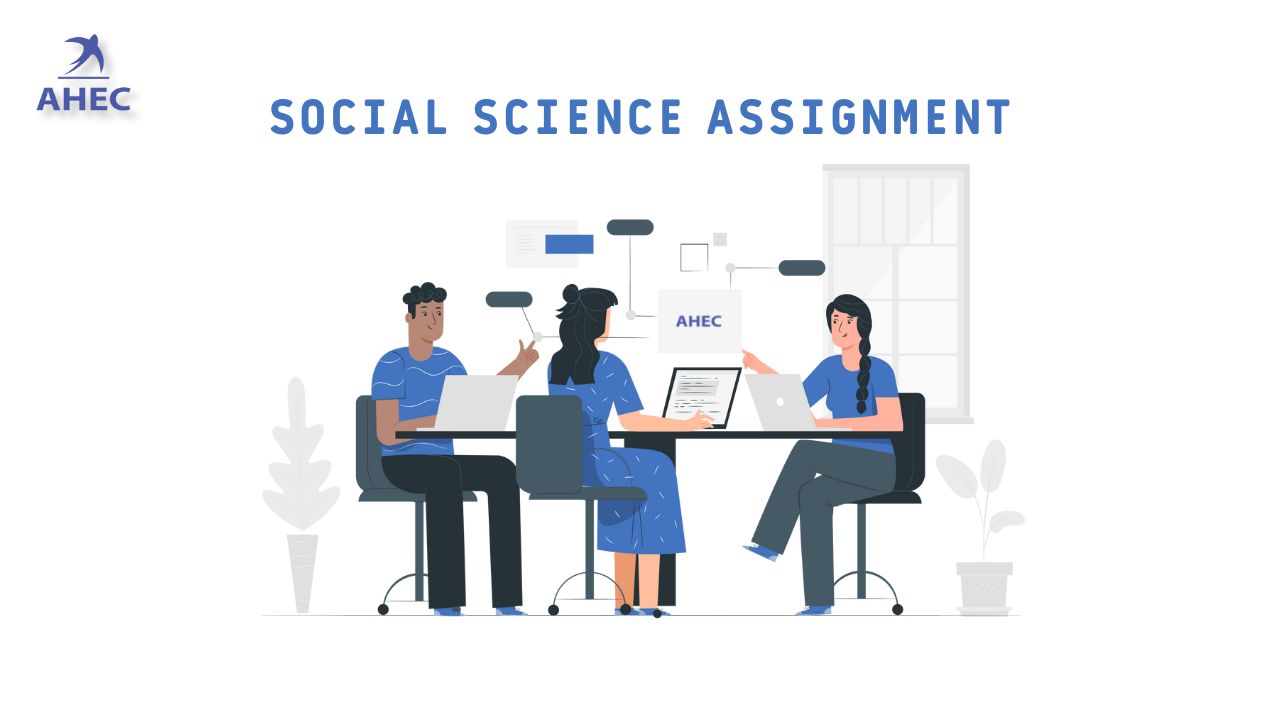












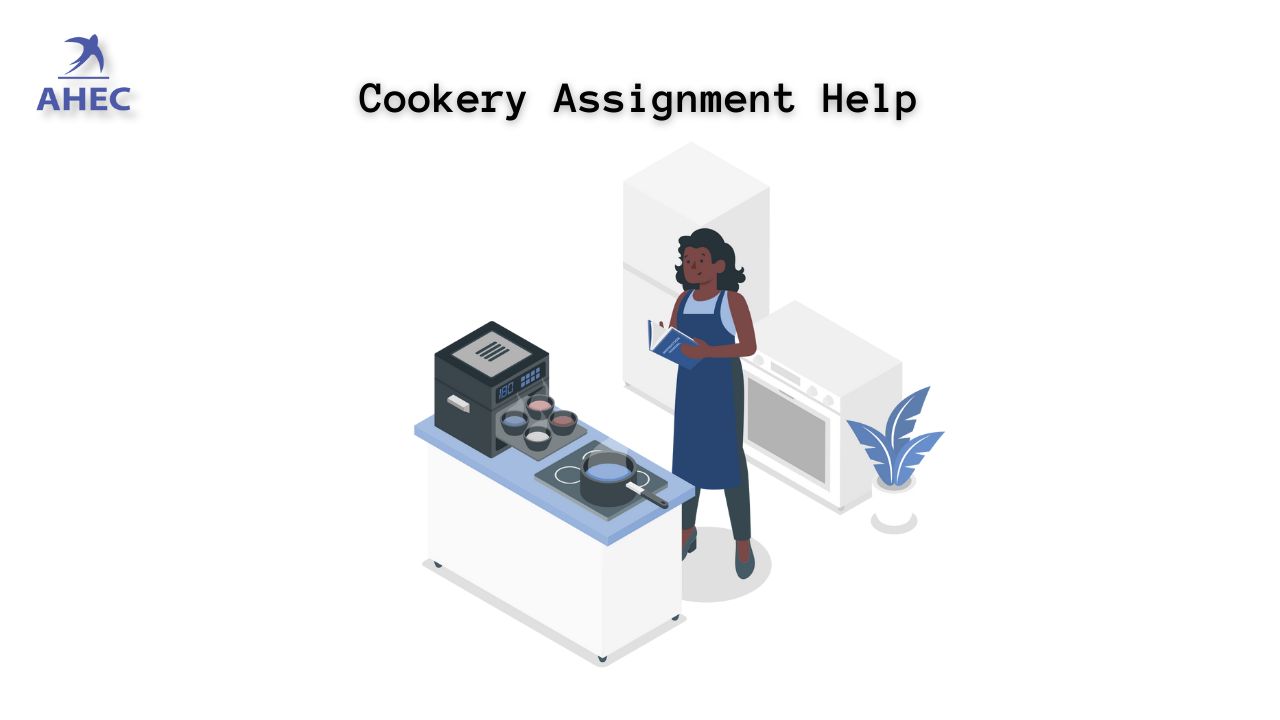


















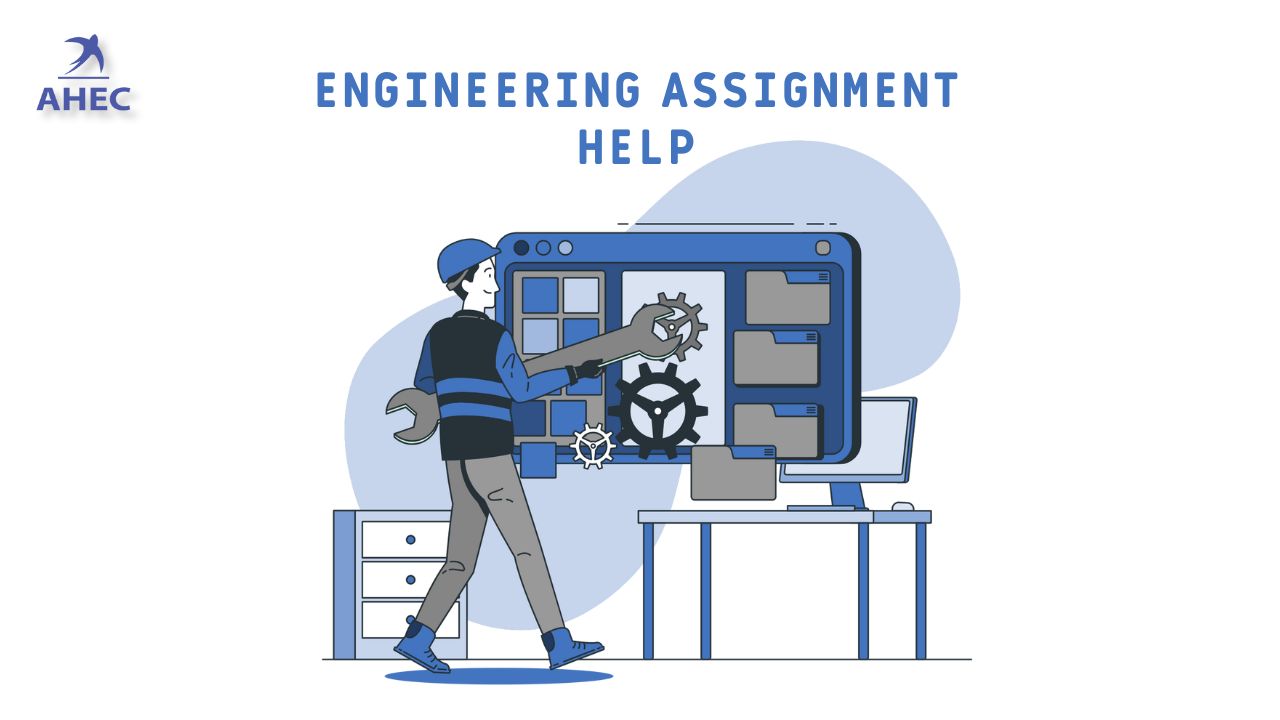
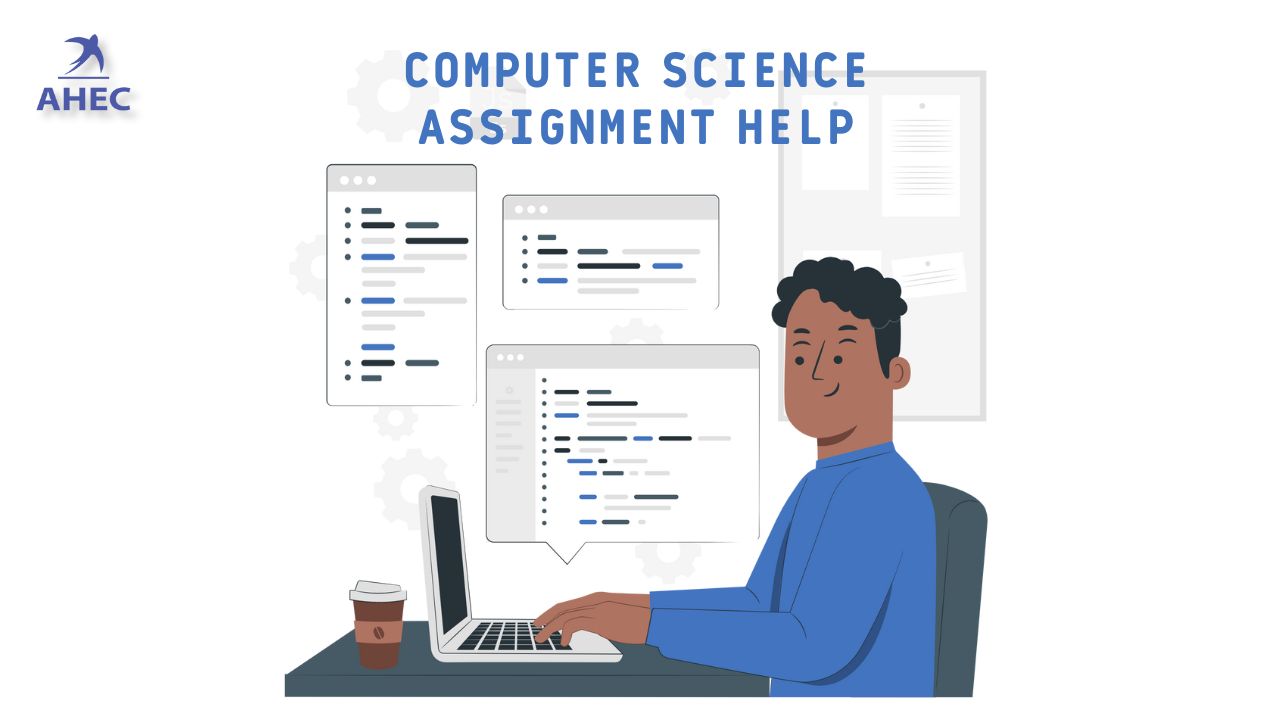














































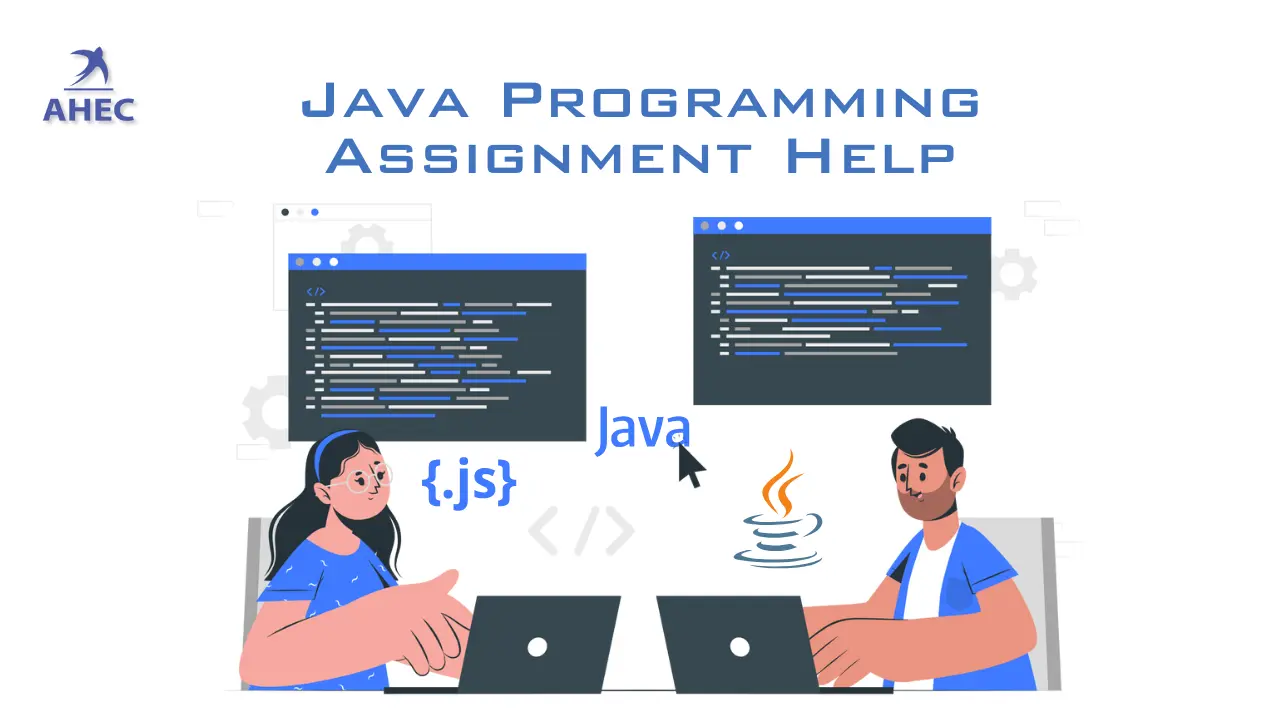
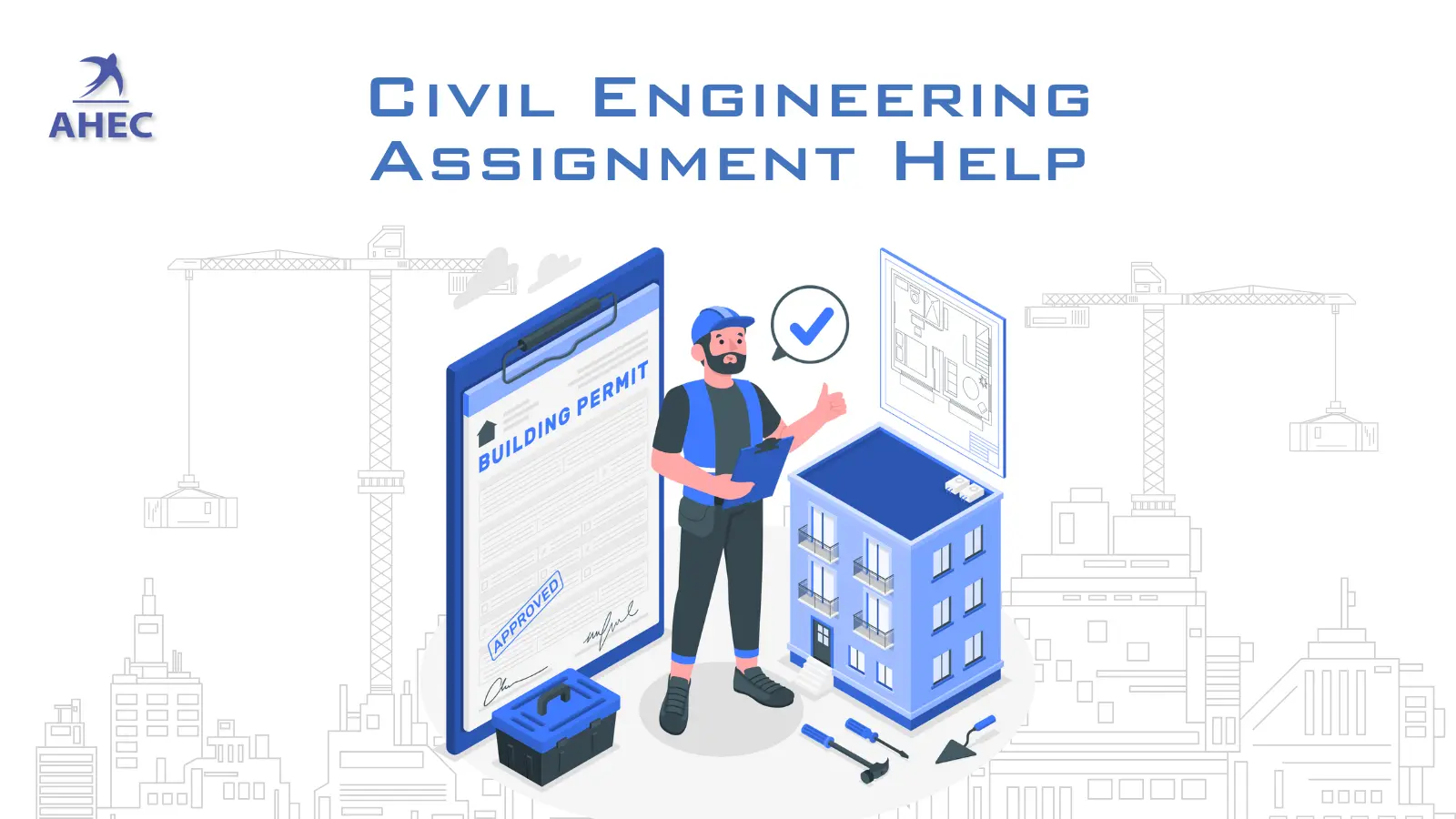
.png)









